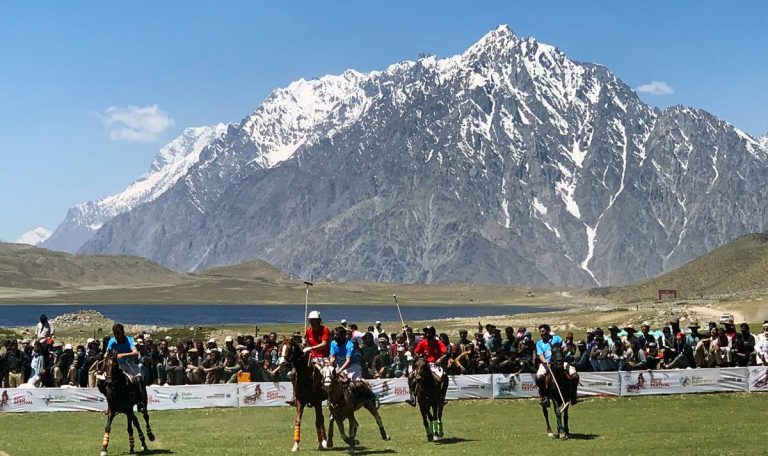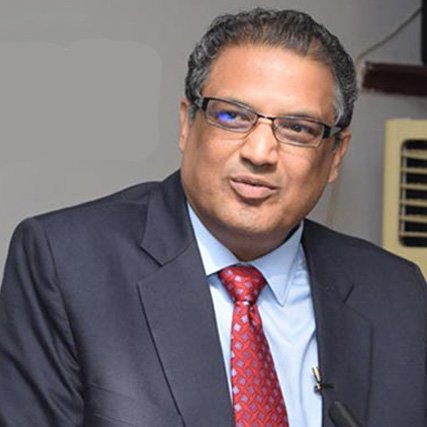
Our land of contradiction is strange and bizarre. For enemies, it is a naked double-edged sword, but for many friends, it is also a sorrowful chain. Our tradition is that we smother those who love us with excessive kisses and pressure. Land of contradiction, while being an expert in twisting the wrist of its enemies, keeps pinching many of its friends as well. Entrapping a rival in a noose is a task of one minute, and similarly, playing with the emotions of the beloved is something we know well.
At the time of Pakistan’s creation, today’s Khyber Pakhtunkhwa joined the new country through a referendum because, at that time, the nationalist wanted to remain in united India but were forced to bow before the majority. Sindh’s assembly voted in favor of Pakistan. About Balochistan, there are two conflicting opinions: one is that Nawab Ahmad Yar Khan of Kalat, on the advice of a jirga, decided to accede to Pakistan, while his brother started a movement against the accession from the very same day. The BLA, which has inflamed violence in Balochistan, claims that they were forcibly included in Pakistan, and thus, they want to separate and form a free Balochistan. Obviously, such a narrative is unacceptable for any state, and as long as the state has strength and life, it will fight to protect Pakistan from danger.
The case of Gilgit-Baltistan is entirely opposite. This area was under the control of Kashmir’s Dogra Maharaja Gulab Singh before the partition of India. The local population of Gilgit-Baltistan revolted against the Dogra Maharaja to join Pakistan. Even the Maharaja’s army turned against him. Some local army officers in his army — Colonel Mirza Hassan Khan, Colonel Ihsan Ali, and then from the Gilgit Scouts, Major Babar Khan and Captain Shah Raees — together launched a successful rebellion and liberated the region from Dogra rule. Thus, the people of this area fought a war and joined Pakistan out of their own will and desire. Naturally, in this matter, they deserve preferential status over many other regions. But the reality is that even after 75 years, they have not been given a Pakistani identity. They have only one desire — to be called Pakistani — but Land of contradiction remains evasive.
The most reasonable justification given for this is that since Kashmir is still a disputed issue and when it will be resolved, it will be through a plebiscite. If Gilgit-Baltistan is made part of Pakistan, we won’t get their votes in that plebiscite. There is some weight in this argument, but when will that plebiscite happen? No one knows — not even in dreams. So until then, will Land of contradiction keep tormenting its lovers? The people here offer a simple solution — whenever the plebiscite is held, India will have to withdraw its forces from Kashmir, and Pakistan will have to do the same. India has even declared Kashmir its province — that too will have to be undone. So, these temporary or provisional arrangements will continue and will be nullified when the plebiscite is held. The locals of Baltistan suggest that Gilgit-Baltistan should be provisionally included in Pakistan and when the final decision on Kashmir is made, its previous status, just like that of Azad Kashmir and Occupied Kashmir, should be restored. This proposal from the lovers is extremely reasonable, logical, and acceptable. Will Land of contradiction accept this wish of its lovers and abandon its traditional role of a cruel beloved to become a kind one?
I am currently in Skardu, exploring by the riverbank, observing the changing colors of day and night with the changing face of water at the resort. Skardu’s Aslam Sehr has been organizing an interfaith conference named “Hussain (a.s) belongs to all” for years. He has been inviting this humble one too for years, but personal and journalistic obligations kept me away. This time, Aslam Sehr bound me to attend months in advance, and thus I have come to participate in the conference, hoping even a sinner may earn some reward through his presence.
Who can deny the testimony of a mother’s milk? Likewise, how can one deny the influence of one’s land and river on personality and character? Along with mother’s milk, I have drunk the water of River Indus — that’s why I always call and consider myself Sapt Sindhu. The River Indus flows through Skardu in its traditional thunderous fashion. Where I’m staying, there’s a mountain on one side and in front, the dancing river. I had never watched the river all night long, but this time I have watched it morning, evening, and through the night — sometimes I saw its color turn golden like gold and remembered the words of the first European traveler to this region who wrote that gold flows in the waters of the Indus. Then early in the morning, I saw its color turn blue; by evening, it turned pink, maroon, and many other shades. In daylight, it appears murky — maybe that’s the reality — but to witness nature’s colors, its manifestations are clearer in rivers, mountains, and forests.
If our Land of contradiction wants to become a true democratic Pakistan, it must get rid of contradictions. The democratic rights of Gilgit-Baltistan, Balochistan, and Kashmir must be enhanced. The stigma of behind-the-scenes governance must be erased, and the politicians in power must improve their competence. The establishment must learn to tolerate inexperienced governments.
As I sit by the River Indus in Gilgit-Baltistan watching the changing colors of nature, I find help in understanding the rainbow of different traditions, different religions, and different colors of the world. In the light of day, plurality turns into unity — all colors become grey — sand, mountain, and water all become one. This is nature’s message for humanity too: let diversity remain, but let it be unified by love for humanity. The world has agreed on human rights and democratic rights since World War II — the UN Charter reflects this truth. History has shown that aggressors and oppressors may win temporarily, but in the world of principles and history, it is always Hussain (a.s) who lives on — the Israel of the time and the tyrants of the era are always condemned by history. It is essential even in Land of contradiction that political, religious, and ethnic contradictions be fairly resolved. We have already won the war. There is no immediate political threat. No destabilizing element is visible. In such a time, the oppressive Ashoka of the past gained true victory by spreading the message of peace through Buddhism. This too can be done in Land of contradiction . Is there truly someone who wants to live on in history as a symbol of peace like Ashoka?
 Colors
Colors  View Books
View Books 


